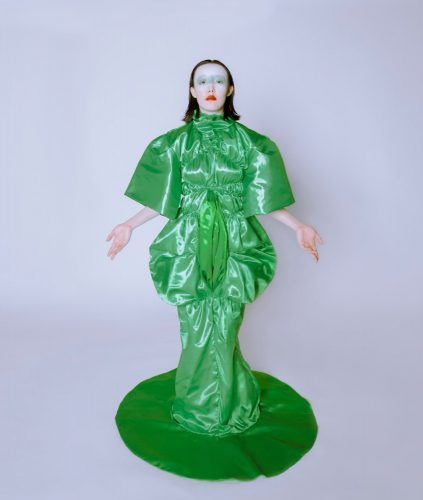Like the majestic cave-dwelling Waitomo glowworms in “Personal Device,” the poems in Dora Malech’s new collection, Flourish, radiate before you. And like those luminous New Zealand “fungus gnats” they undergo a moving metamorphosis.
In Flourish, Malech’s poems rarely alight anywhere near where they begin—often introducing unexpected themes into the fray. In the book’s introductory poem, “Party Games,” Malech describes a child’s celebratory swinging at a piñata. Except, by the poem’s end, Malech is mulling what it means for everyone involved, adults and children, to enjoy this harmless violence: “…how good it feels to play at this, / violence and darkness, / the beast that harbors something sweet,” she writes.
Flourish is Malech’s fourth poetry collection and was published by Carnegie Mellon University Press this month. It follows the release of her third and most experimental collection Stet, published in 2018 by Princeton University Press. Stet is made up of anagrams, erasures, and the constant reshaping required by such extreme formal constraints. Malech, an assistant professor in the Writing Seminars at Johns Hopkins University, wrote the majority of Stet and Flourish around the same time and the two books are clearly in conversation. Malech’s work often foregrounds poetry’s unique relationship to uncertainty. Her poems embrace the odd liminal space between sense and sentiment through sound. In a Q&A with Bret McCabe for Johns Hopkins Magazine, Malech described her philosophy on working in multiple modes: “I don’t want to choose between modes; I want to widen and deepen both my formal practices and my concerns as much as possible.” In Flourish, that widening and deepening occurs by drilling into language. The constraints have been removed, but Malech is still breaking open, peering within, and playing around inside language’s interior.








